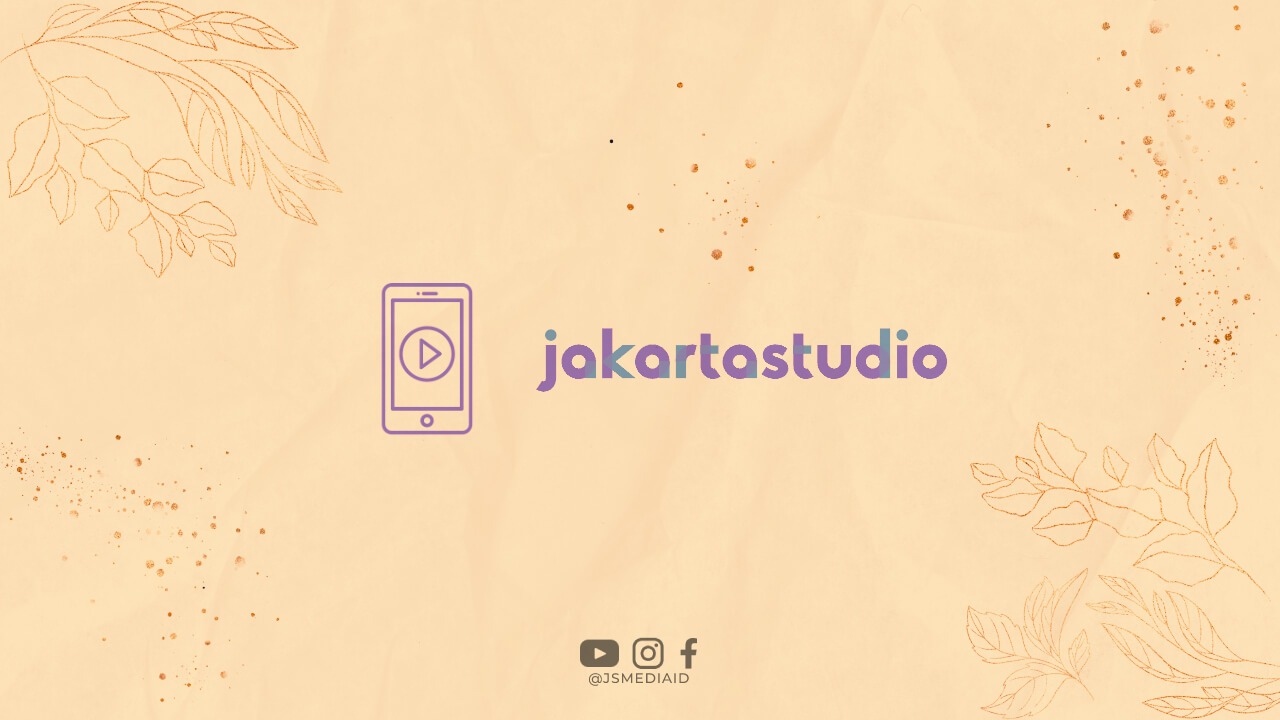When it comes to managing your financial affairs, you may have encountered situations where the bank requested a copy of your trust. This can be confusing and raise questions about why the bank needs this document. In this article, we will explore the reasons behind the bank’s request and shed light on the importance of providing them with a copy of your trust.
The Purpose of a Trust
Before delving into the specific reasons why the bank needs a copy of your trust, it’s crucial to understand the purpose of a trust. A trust is a legal entity that allows you to transfer assets and property to be managed by a trustee for the benefit of your beneficiaries. This arrangement ensures the smooth transfer of your wealth and protects your assets.
Trusts come in various forms, such as revocable trusts, irrevocable trusts, and living trusts. Regardless of the type, trusts offer a range of benefits, including avoiding probate, minimizing estate taxes, and maintaining privacy.
Compliance with Legal Requirements
One of the primary reasons why banks request a copy of your trust is to comply with legal requirements. Financial institutions have a legal obligation to ensure that they are acting in accordance with applicable laws and regulations. By having a copy of your trust, the bank can verify the legitimacy of the trust and ensure compliance.
Additionally, banks need to confirm that the trust is valid and that you have the authority to conduct financial transactions on behalf of the trust. This step is crucial for both the bank’s protection and yours, as it prevents unauthorized individuals from accessing trust funds or assets.
Managing the Trust’s Assets
Another reason why banks require a copy of your trust is to effectively manage the trust’s assets. By reviewing the trust document, the bank can gain insight into the assets held by the trust, their value, and any specific instructions regarding their management.
Understanding the trust’s assets allows the bank to provide appropriate financial services tailored to the trust’s needs. This may include opening a trust bank account, facilitating investment transactions, or ensuring the proper distribution of funds to beneficiaries.
Confirmation of Beneficiaries
Verifying the beneficiaries of a trust is another essential aspect for banks. By reviewing the trust document, the bank can confirm the individuals who are entitled to receive distributions or benefits from the trust.
Ensuring the accurate identification of beneficiaries is crucial for the bank to fulfill its obligations and responsibilities. By cross-referencing the trust’s provisions with their records, banks can avoid potential disputes and ensure that the right individuals receive the intended benefits.
Meeting Fiduciary Responsibilities
Banks have fiduciary responsibilities when it comes to managing trust assets. By obtaining a copy of your trust, they can understand the trustee’s designated responsibilities and obligations.
Having knowledge of the trust’s terms and conditions enables the bank to ensure that proper fiduciary duties are met. This includes adhering to investment strategies outlined in the trust, making distributions as instructed, and maintaining accurate records.
Conclusion
While it may seem puzzling at first, the bank’s request for a copy of your trust serves various important purposes. It helps the bank comply with legal requirements, manage the trust’s assets effectively, confirm beneficiaries, and meet fiduciary responsibilities.
By providing the bank with a copy of your trust, you contribute to a smoother and more efficient management of your trust’s affairs. It allows the bank to provide appropriate financial services, ensure compliance, and protect your assets. Therefore, it is crucial to cooperate with the bank’s request and promptly provide them with the requested documentation.

